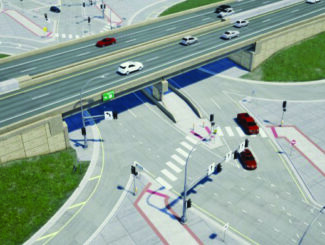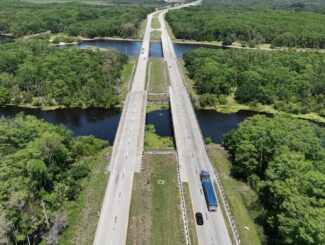April 17, 2023
By Alyson Fauske, Sr Project Manager, WSB
Like most industries, cities are facing numerous workforce challenges from city staffing to adjusting to more remote and hybrid roles. On top of that, many communities are also thinking big picture about how they can effectively build the smart cities of tomorrow.
As communities think about city staffing, here are some ways that they can rethink about how city staff play a role in building smarter, more efficient cities and how they can build engage, and connect workforces.
City Staff Are More Connected Than Ever Before
We may be passed the pandemic, but there were numerous lessons learned about how technology can better connect staff, and for cities, that is critical for cross-collaboration and problem-solving. Email, Zoom, staff management tools like Slack or Microsoft Teams – they all help with staff augmentation and close gaps on how staff are connecting.
Whether your staff is onsite, hybrid, remote, or all of the above, getting smart about technology gives city staff the tools to remain better connected and address critical community needs more efficiently, effectively, and collaboratively.
Understand How GIS Data Can Improve Efficiency
The need for on-the-ground repair and infrastructure services will never be fully replaced in cities. However, with tools like Google Earth Street view and GIS mapping, some investigative work to identify problems can be done off site. It can be a simple, yet effective tool, and it’s also one that is easily accessible to all cities.
Smart City Tools Foster Better Communication with Residents
At the end of the day, city staff are there to improve communities and the lives of residents. Smart tools and technology are significantly cutting redundancies in city staff time, improving connectivity, and making city government more accessible for everyone.
For example, phone apps and online tools allow residents to report city issues like potholes. Instead of creating multiple pieces of paperwork and follow up for each resident that reports on the same pothole, tech tools can measure the number of complaints and combine a single issue into one report.
Tools like these also ensure that residents can connect with city government at their convenience. They don’t need someone at a desk from 8 a.m. to 4 p.m. to submit paperwork, share resident input, or access important city information. Technology makes city government more accessible.
In short, as communities think about building smart cities and finding and maintaining a top-quality workforce, tools and technology are critical for fostering connections between city staff and between residents and local government. WSB has the staff and expertise to help support your community as you lead it into the future.
With over 20 years of engineering experience in the municipal industry, Alyson Fauske has built her career providing municipal engineering services throughout the Twin Cities. Her portfolio of work includes street and utility reconstruction, technical analysis and field observations, direct project planning and management, and comprehensive and capital planning services.
[email protected] | 612.263.1736


